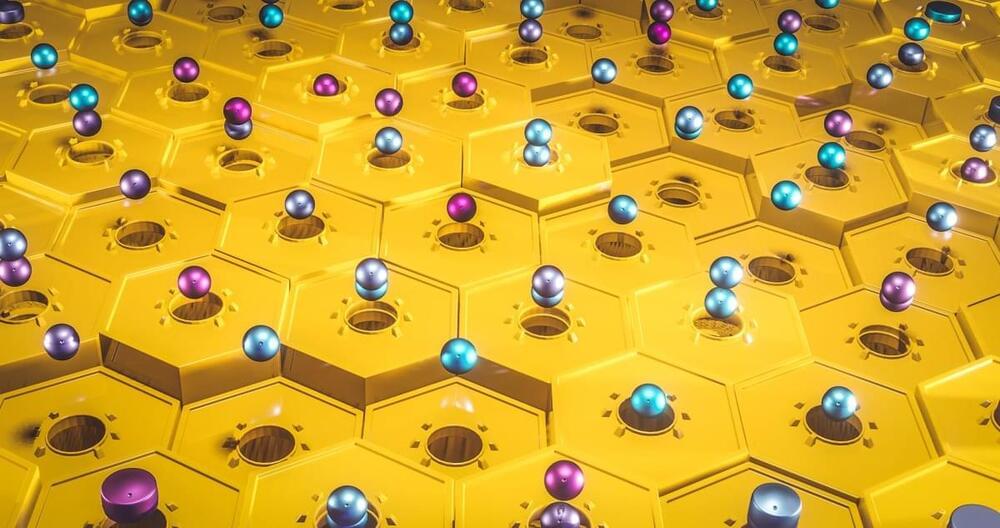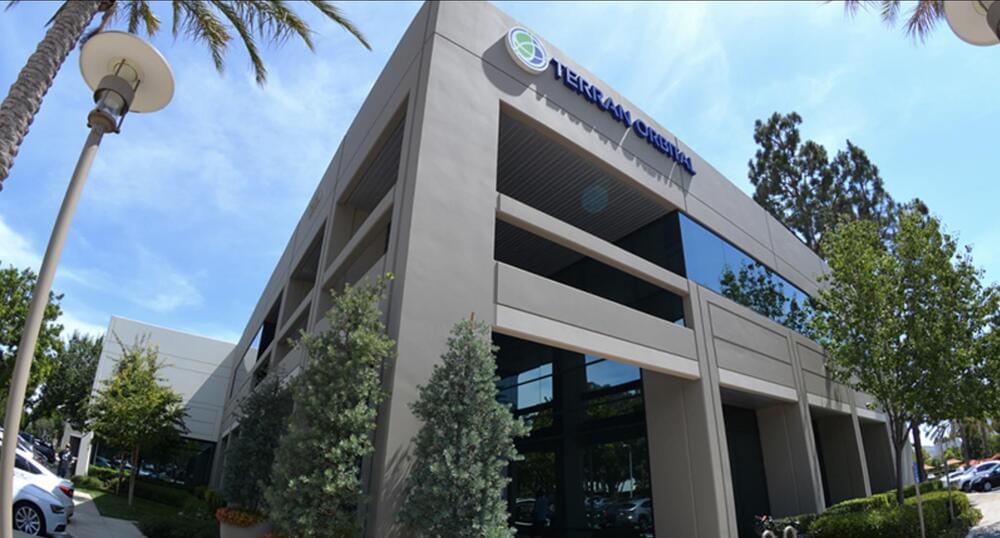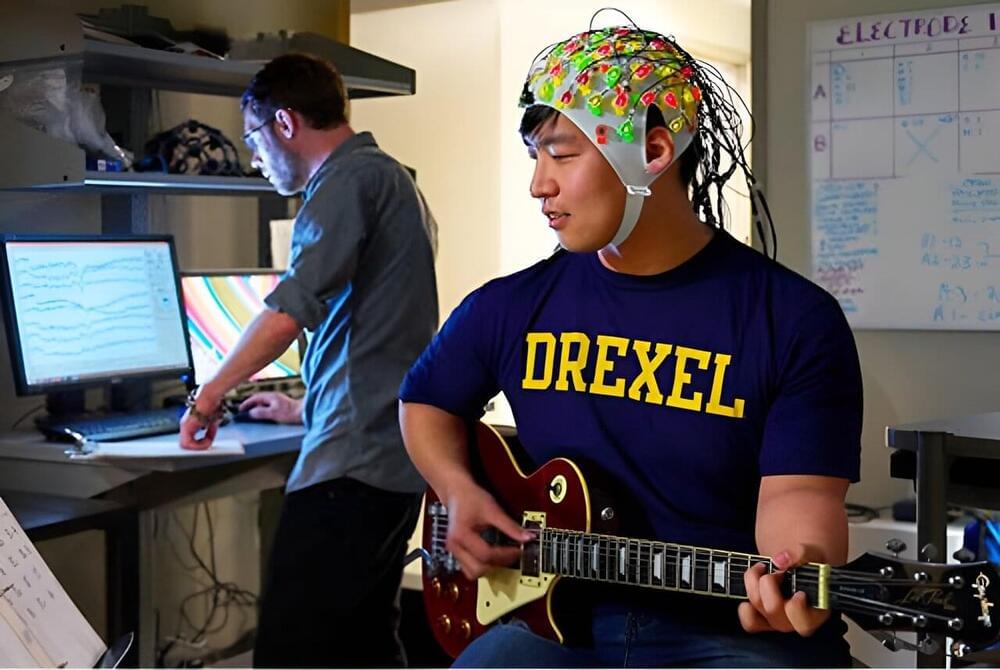Analysts believe Google’s search business is keeping it safe for now, but that could change soon with generative-AI rivals proliferating.


DENVER—(BUSINESS WIRE)—Palantir Technologies Inc. (NYSE: PLTR) today announced that the Army Contracting Command – Aberdeen Proving Ground (ACC-APG) has awarded Palantir USG, Inc. — a wholly-owned subsidiary of Palantir Technologies Inc. — a prime agreement for the development and delivery of the Tactical Intelligence Targeting Access Node (TITAN) ground station system, the Army’s next-generation deep-sensing capability enabled by artificial intelligence and machine learning (AI/ML). The agreement, valued at $178.4 million, covers the development of 10 TITAN prototypes, including five Advanced and five Basic variants, as well as the integration of new critical technologies and the transition to fielding.
“This award demonstrates the Army’s leadership in acquiring and fielding the emerging technologies needed to bolster U.S. defense in this era of software-defined warfare. Building on Palantir’s years of experience bringing AI-enabled capabilities to warfighters, Palantir is now proud to deliver the Army’s first AI-defined vehicle” Post this
TITAN is a ground station that has access to Space, High Altitude, Aerial, and Terrestrial sensors to provide actionable targeting information for enhanced mission command and long range precision fires. Palantir’s TITAN solution is designed to maximize usability for Soldiers, incorporating tangible feedback and insights from Soldier touch points at every step of the development and configuration process. Building off Palantir’s prior work delivering AI capabilities for the warfighter, Palantir is deploying the Army’s first AI-defined vehicle.

We’re still years away from seeing physical quantum computers break into the market with any scale and reliability, but don’t give up on deep tech just yet. The market for high-level quantum computer science — which applies quantum principles to manage complex computations in areas like finance and artificial intelligence — appears to be quickening its pace.
In the latest development, a startup out of San Sebastian, Spain, called Multiverse Computing has raised €25 million (or $27 million) in an equity funding round led by Columbus Venture Partners. The funding values the startup at €100 million ($108 million), and it will be used in two main areas. The startup plans to continue building out its existing business working with startups in verticals like manufacturing and finance, and it wants to forge new efforts to work more closely with AI companies building and operating large language models.
In both cases, the pitch is the same, said CEO Enrique Lizaso Olmos: “optimization.”

Under the proposal, Lockheed would pay $1 per share of Terran Orbital stock it does not currently own, valuing the company at a little under $200 million. Lockheed would pay more than $70 million to buy outstanding stock warrants and assume or repay $313 million in Terran Orbital debt.
“Terran represents an attractive opportunity for Lockheed Martin, and we are treating the potential Transaction as a strategic priority,” Lockheed stated in the letter. “Terran’s superior capabilities and business momentum align with one of Lockheed Martin Space’s strategic growth priorities and the Transaction would accelerate that strategy.”

Underlying the storm of hype and funding in the AI sector right now is a scarce resource: data, created by old-fashioned humans, that’s needed to train the huge models like ChatGPT and DALL-E that generate text and imagery.
That demand is causing all sorts of drama, from lawsuits by authors and news organizations that say their work was used by AI companies without their permission to the looming question of what happens when the internet fills up with AI-generated content and AI creators are forced to use that to train future AI.
And, of course, it’s also fueling new business deals as AI developers rush to lock down repositories of human-generated work that they can use to train their AI systems. Look no further than this wild scoop from Bloomberg: that an undisclosed AI outfit has struck a deal to pay Reddit $60 million per year for access to its huge database of users’ posts — perhaps the surest sign yet that user data is the key commodity in the AI gold rush.
The Rebellionaire Road Rally has made its way down to Austin, TX. This time we’re joined by Farzad (@farzyness) to test out Tesla FSD v12 on the streets of the greater Austin area. This is part 2 of the journey with Farzad joining in the car adding helpful commentary.
#Tesla #rebellionaire.
Rebellionaires check out www.Rebellionaire.com.
Rebellionaire is a brand of Halter Ferguson Financial. www.hffinancial.com/disclaimer.
As of March 7th, 2024, clients and employees of our firm Halter Ferguson Financial own Tesla stock and/or options and thereby stand to materially benefit from a rise in the share price. Past performance is no assurance of future results. Halter Ferguson Financial, Inc. (“Halter Ferguson Financial”) is a registered investment adviser with its principal place of business in the State of Indiana. A complete list of all recommendations will be provided if requested for the preceding period of not less than one year. It should not be assumed that recommendations made in the future will be profitable or will equal the performance of the securities in this list. Opinions expressed are those of Halter Ferguson Financial, Inc. and are subject to change, not guaranteed and should not be considered recommendations to buy or sell any security.
Halter Ferguson Financial is registered as an investment advisor with the SEC and only transacts business in states where it is properly registered, or is excluded or exempted from registration requirements. Registration as an investment advisor does not constitute an endorsement of the firm by the Commission nor does it indicate that the advisor has attained a particular level of skill or ability.
Information presented is believed to be factual and up-to-date, but we do not guarantee its accuracy and it should not be regarded as a complete analysis of the subjects discussed. All expressions of opinion reflect the judgment of the author/presenter as of the date of publication and are subject to change and do not constitute personalized investment advice. A professional advisor should be consulted before implementing any of the strategies presented. No content should be construed as an offer to buy or sell, or a solicitation of any offer to buy or sell any securities mentioned herein.

Without a more comprehensive set of big data, AI algorithms are more likely to generate an inaccurate or incomplete data model. Insufficient data leads to a model that is not capable of predicting outcomes with the level of accuracy that’s needed in the real world.
Anyone with experience in the art market also knows that markets can fluctuate without any indication as to why. AI will not have the answer. Tech entrepreneur Boris Pevzner, founder of AI-powered data platform Live Art, asserts that while AI is a tool that can be used as an indicator, it is not something that can predict any real-world auction prices.
Although AI is becoming increasingly prevalent in the art business, it does not have to be seen as a threat. Many people view AI as a dangerous tool, but AI does not need to be perceived in this way. Instead of a replacement for human expertise, we should see it as a tool of advancement to be used alongside humans to improve the quality of their work.
Lethal drones with facial recognition, armed robots, autonomous fighter jets: we’re at the dawn of a new age of AI-powered warfare, says technologist Alexandr Wang. He explores why data will be the secret weapon in this uncharted landscape and emphasizes the need to consider national security when developing new tech — or potentially face all-out AI warfare.
If you love watching TED Talks like this one, become a TED Member to support our mission of spreading ideas: https://ted.com/membership.
Follow TED!
Twitter: / tedtalks.
Instagram: / ted.
Facebook: / ted.
LinkedIn: / ted-conferences.
TikTok: / tedtoks.
The TED Talks channel features talks, performances and original series from the world’s leading thinkers and doers. Subscribe to our channel for videos on Technology, Entertainment and Design — plus science, business, global issues, the arts and more. Visit https://TED.com to get our entire library of TED Talks, transcripts, translations, personalized talk recommendations and more.
Watch more: https://go.ted.com/alexandrwang.


The University of Chicago Medicine is among the first 30 institutions in the country to offer tumor-infiltrating lymphocyte (TIL) therapy for advanced melanoma, immediately activating as an authorized treatment center after federal regulators approved the treatment on February 16, 2024.
Effortless, enjoyable productivity is a state of consciousness prized and sought after by people in business, the arts, research, education and anyone else who wants to produce a stream of creative ideas and products. That’s the flow, or the sense of being “in the zone.” A new neuroimaging study from Drexel University’s Creativity Research Lab is the first to reveal how the brain gets to the creative flow state.
The study is published in the journal Neuropsychologia.
The study isolated flow-related brain activity during a creative task: jazz improvisation. The findings reveal that the creative flow state involves two key factors: extensive experience, which leads to a network of brain areas specialized for generating the desired type of ideas, plus the release of control— letting go—to allow this network to work with little or no conscious supervision.